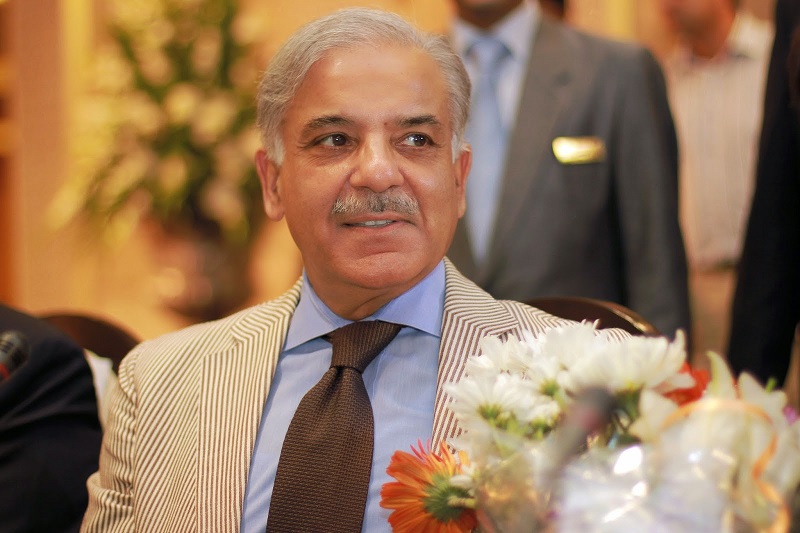Pakistan has recently undergone a significant political transition. The country’s new government, led by Prime Minister Shehbaz Sharif, has taken the reins at a critical juncture, with the nation facing numerous challenges on various fronts.
Following the imprisonment of former Prime Minister Imran Khan, who was ousted via a no-confidence motion, Pakistan faced a challenging period as he and his supporters persistently destabilized the political landscape for over a year. However, with Khan’s conviction in multiple cases, Pakistan proceeded to hold elections and a successful transition of government took place in the aftermath.
According to political experts, the new government’s potential impact on Pakistan’s future economic growth prospects, foreign aid and IMF support, and the future of the China-Pakistan Economic Corridor (CPEC) are what the country and its 24billion people are eyeing for.
‘’The October 8 elections in Pakistan resulted in Shehbaz Sharif becoming the new prime minister of Pakistan,’’ says Waqas Khawar, a political commentator. ‘’This government faces daunting challenges, including an unprecedented economic crisis, regular power cuts, near-daily militant attacks, and a challenging relationship with neighboring Taliban-run Afghanistan.’’
Pakistan’s economy is expected to grow modestly in the coming years. The World Bank projected Pakistan’s economic growth at 1.7% for the ongoing fiscal year 2023-24 and 2.4% in FY 2024-25. This growth is expected to be driven by several factors, including government fiscal reforms, cost cuts, and potential improvements in global energy prices3. However, the growth remains insufficient to reduce poverty, with 40 percent of Pakistanis now living below the poverty line4.
The country has been receiving significant financial support from the International Monetary Fund (IMF). The IMF’s Executive Board approved a 9-month Stand-By Arrangement (SBA) for Pakistan for an amount of about $3 billion to support the economic stabilization program. The IMF’s support is critical for Pakistan as it helps avert a potential default and paves the way for more aid from other multilateral institutions and friendly nations.
The China-Pakistan Economic Corridor (CPEC) is a transformative project that aims to secure and reduce the passage for China’s energy imports from the Middle East. It has already had a significant impact on Pakistan’s infrastructure and energy sectors.
As of 2022, it has enhanced Pakistan’s exports and development capacity and has provided 1/4th of its total electricity. Experts say the full advantages of CPEC won’t be felt until 2030, but certain energy, road, and rail projects are anticipated to be finished soon.
The new government in Pakistan, under the leadership of Shehbaz Sharif, has a challenging task ahead including the challenge of CPEC.
With the support of the IMF and the continued development of the CPEC, there are reasons to be optimistic about Pakistan’s economic future. However, the government must also address the significant challenges that lie ahead, including economic instability, poverty, and security issues. The path to prosperity will require careful planning, steadfast commitment, and the continued support of international partners.










